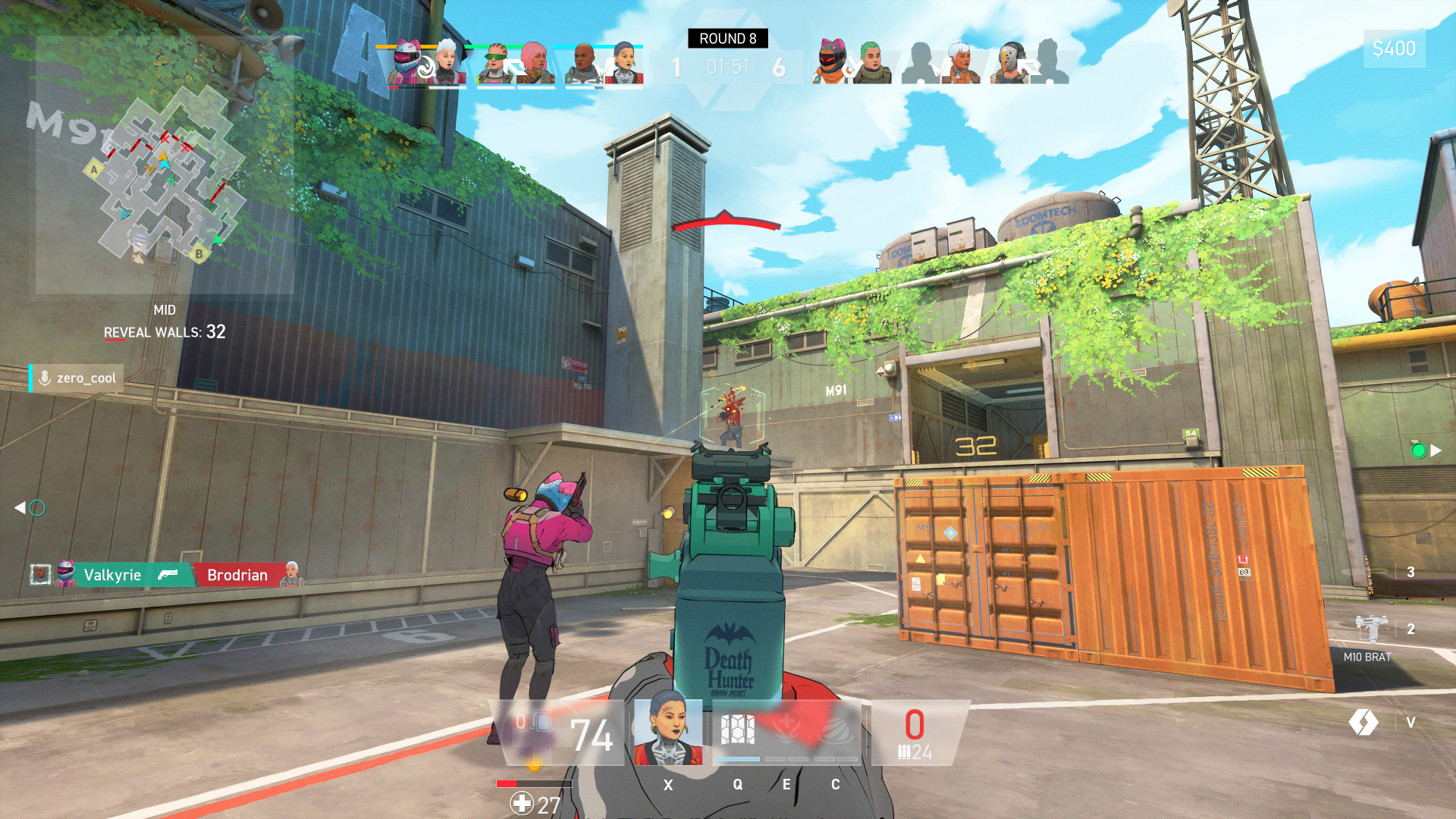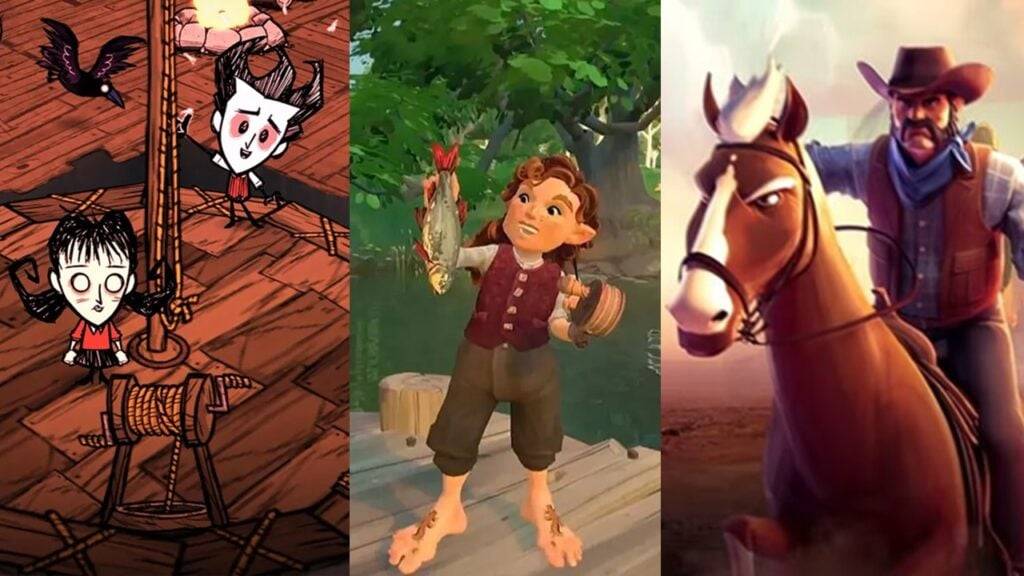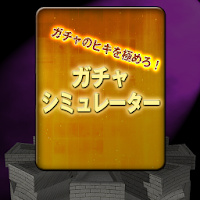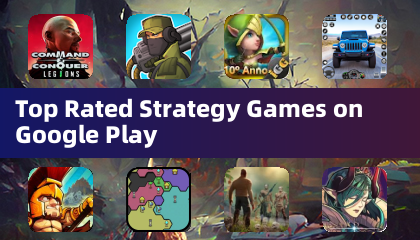Hideo Kojima’s Japanese radio podcast *KOJI10* continues to offer fans a rare glimpse into the mind of one of gaming’s most visionary creators. In the latest episode—Episode 17—Kojima dives deep into how real-time progression can be integrated into video games, reflecting on mechanics he's previously implemented and even sharing unused ideas from the upcoming *Death Stranding 2: On The Beach*.
Kojima has long been fascinated with incorporating real-world time into gameplay experiences. He begins by revisiting two iconic examples from *Metal Gear Solid 3: Snake Eater* (2004), where the game’s internal clock influenced core mechanics. For instance, food items would spoil over real-time days, affecting Snake’s health if consumed. Alternatively, players could use rotten food strategically—throwing it at enemy soldiers to distract them.
Real-Time Strategy in Boss Battles
Another clever use of the system clock came during the cat-and-mouse encounter with The End, an elderly sniper boss. As Kojima explains, “Although he is a really tough boss, if the player waits a week, The End will die of old age.” Indeed, waiting seven real-world days before reloading your save triggers a unique cutscene where Snake finds The End deceased—offering a brilliant alternative to traditional combat strategies.
Time-Based Character Design
Kojima also shared a scrapped idea for *Death Stranding 2*, where Sam’s beard would grow naturally over time based on real-life passage. Players would have to shave him regularly to maintain his appearance. “If they didn’t, Sam would end up looking unkempt,” Kojima explained. However, the idea was ultimately dropped out of respect for Norman Reedus’ star status. Still, Kojima expressed interest in exploring this mechanic in future projects.
Futuristic Time-Driven Game Concepts
During the broadcast, Kojima introduced three intriguing game concepts that revolve around the passage of real time:
- Lifelong RPG: A game where the character ages in real time—from birth to old age. As you grow older, physical abilities decline, but knowledge and experience increase. This dynamic aging system would influence both gameplay speed and strategic decision-making.
- Maturity Simulation: A concept centered around crafting something that requires patience, like fermenting wine or aging cheese. This would function as a background or idle-style game, rewarding consistent, gradual engagement over extended periods.
- The Forgetting Mechanic: A radical twist where the main character loses critical knowledge and skills if the player takes too long a break. For example, not playing for a day might cause the character to forget how to use a weapon—or even their own identity. “Players would have to take a week off work or school to play it,” Kojima joked.
While some of these ideas may never come to fruition, they highlight Kojima’s inventive thinking and willingness to push boundaries when it comes to interactive storytelling and gameplay mechanics.
Death Stranding 2 Cast

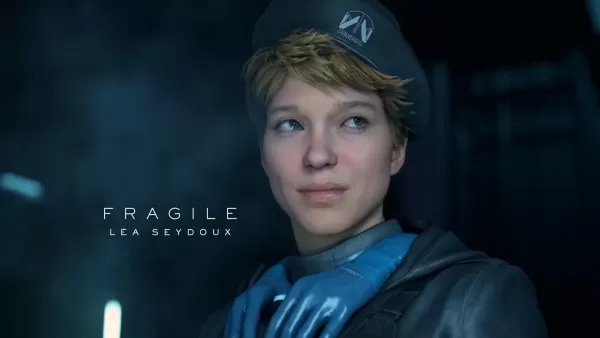 View 14 Images
View 14 Images


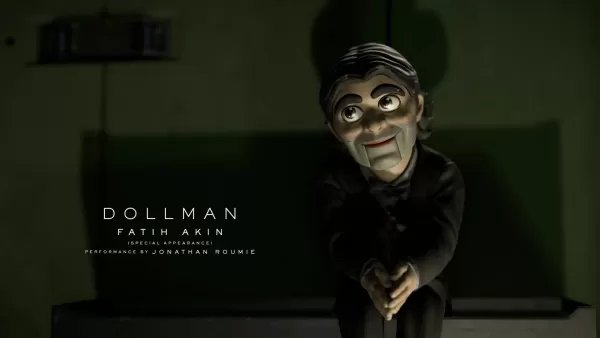
Fans are already counting down to June 26, the release date of *Death Stranding 2: On The Beach*. Until then, you can dive deeper into Kojima’s creative process through our exclusive interview and read our hands-on impressions after 30 hours of gameplay.



